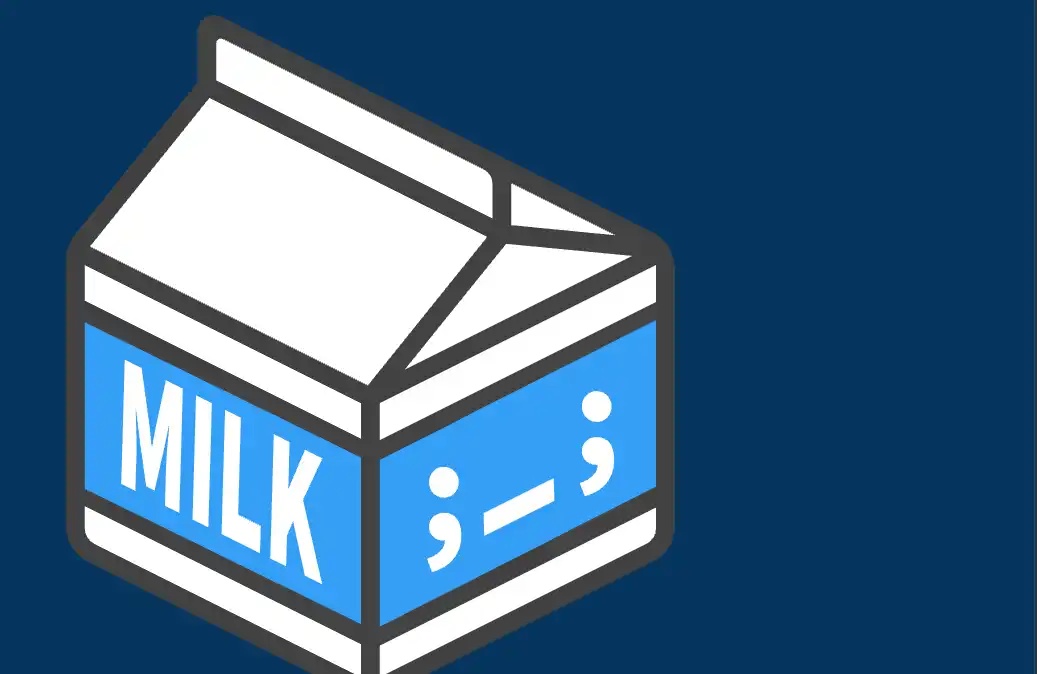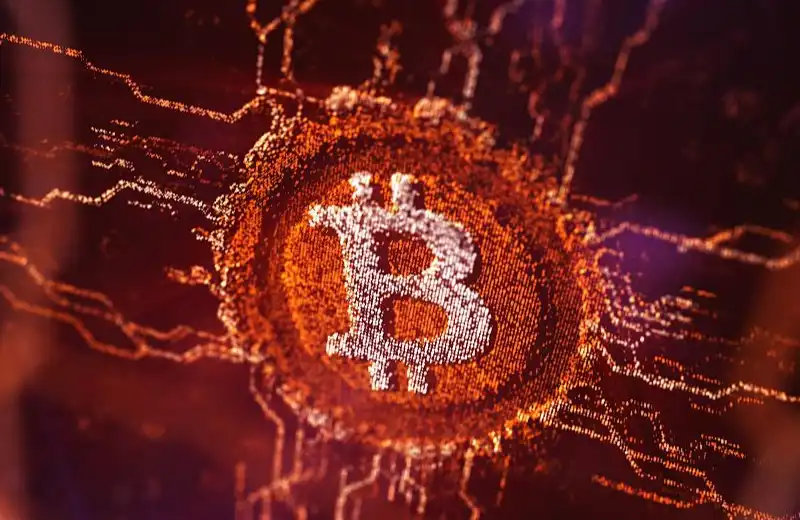V4 code does not use commercial licenses, dYdX and Uniswap have taken different paths on the open source road.
Table of Contents:
· dYdX V4 does not use BSL commercial license
· Uniswap V4 continues to be controversial with BSL license
· Other DeFi protocols rarely use BSL license
dYdX V4 does not use BSL commercial license
BlockBeatsOctober 24th news, according to CoinDesk, decentralized derivatives trading platform dYdX announced that its dYdX Chain has open-sourced V4 code and launched the transition from Ethereum Layer 2 network to an independent blockchain on Cosmos. According to the official description, dYdX Chain will provide higher decentralization, scalability, customizability, and speed than any other version to date.
At the same time, the official also stated that dYdX Trading "will not operate any part of the infrastructure behind the new dYdX Chain deployment. All parts of dYdX Chain have been rigorously tested, audited, and are now fully open source."

In addition to being open source, dYdX V4 does not implement the BSL (Business Source License, hereinafter referred to as BSL, which stipulates that third parties may not use the source code for any commercial activities without permission during the validity period). According to BlockBeats' previous report, on June 16th of this year, dYdX founder Antonio Juliano stated on social media that "dYdX V4 will be completely open source and will not include any commercial copyright licenses. Anyone can freely use the corresponding code as needed."

However, at the same time, Antonio also hinted that a more lenient license may be implemented.

Upon hearing the news, many users expressed their agreement and believed that this is a good thing.

Uniswap V4 Continues to Spark Controversy with BSL License
In fact, open source code is at the core of the blockchain spirit, bringing transparency to developers, enabling them to review, detect errors, and improve quality. The crypto community has long been resentful of BSL.
Although the original intention of BSL was to find a balance between open source spirit and commercial needs, which was also recognized by most people; compared with other more lenient licenses (such as MIT), BSL is obviously too strict and has been criticized for issues such as "hindering innovation" and "not open enough".
Regarding the biggest controversy surrounding the BSL license, it occurred with Uniswap. In June of this year, Uniswap announced the release of version 4 after nearly two years. However, at the same time, Uniswap also announced that it would continue the features of version 3 and implement BSL. This move has caused opposition from many community members.
Related reading: "Uniswap, the most successful US Internet Fintech company under the Web3 dividend".
It is precisely because of the protection of BSL that Uniswap V3 was able to flourish in its era. After the two-year BSL validity period of V3 ended, various V3 Forks emerged one after another. Therefore, when Uniswap implemented the BSL commercial license for the V4 version, this decision once again caused considerable controversy in the developer community.
Other DeFi protocols rarely use BSL license
Previously, BlockBeats conducted an exclusive interview with Anton Bukov, co-founder of 1inch. Anton expressed his own views on this matter and believed that "the MIT license allows anyone to use the code we write for anything", while "commercial licenses may prevent some open teams or fair competitors from forking".
We are not particularly afraid of competition, as most of our smart contract solutions are completely open source. The MIT license allows anyone to use the code we write for anything. We believe that not all software engineers, especially anonymous ones, will respect your license. I have seen some unknown teams fork before the commercial license of Uniswap V3 expires. Commercial licenses may prevent some public teams or fair competitors from forking, but they cannot prevent some random public forks.
Related reading: "Interview with 1inch: How to innovate in the DEX field under the shadow of Uniswap monopoly?"
Welcome to join the official BlockBeats community:
Telegram Subscription Group: https://t.me/theblockbeats
Telegram Discussion Group: https://t.me/BlockBeats_App
Official Twitter Account: https://twitter.com/BlockBeatsAsia


 Forum
Forum Finance
Finance
 Specials
Specials
 On-chain Eco
On-chain Eco
 Entry
Entry
 Podcasts
Podcasts
 Activities
Activities
 OPRR
OPRR








